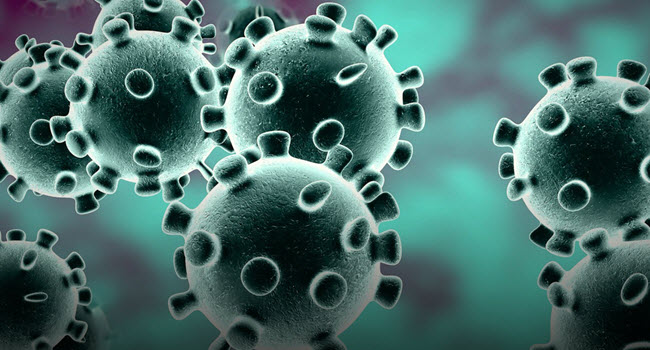
Turning Patients Prone Helps Fight COVID-19
“We knew something wasn’t quite right,” said Caputo, “and we wanted to figure out what we could do to prevent patients from being ventilated in the first place.”
So between March 1 and April 1, Caputo and his team set out to test the effectiveness of proning as a means for elevating sat levels and halting a worsening of symptoms among 50 adult COVID-19 patients.
All had hypoxia, with sats below 90%. Sat levels can be registered by means of a finger-clip device called a pulse oximeter, with a normal reading falling between 95% and 100%.
More than three-quarters of the patients (80%) were also struggling with abnormally rapid and shallow breathing, and 44% were already taking supplemental oxygen before going to the ER.
Those who weren’t already taking supplemental oxygen were given some. Yet, while those patients did improve a bit, all 50 were still struggling with dangerously low sat levels ranging from 75% to 90%.
So Caputo and his team turned to proning. “We didn’t move them ourselves,” he noted. “We had patients self-prone by turning themselves.”
The result? After just five minutes of proning, sat levels rose to a near-normal mean of 94%. And in the end, about three-quarters of the patients never had to be put on a ventilator.
Still, about a quarter of the patients ultimately failed to regain normal sats, and those 13 patients had to be intubated within 24 hours of hospital admission.
“Also, this was an observational study,” Caputo stressed, “not a controlled investigation with a comparison group.” That, he said, makes it premature to conclude that proning definitively staved off ventilation and boosted survival.
“We need more research,” he acknowledged. “But proning is such a low-risk procedure that I would definitely say that this is certainly worth considering going forward.”
The findings were published recently in the journal Accident Emergency Medicine.
Two experts not involved in the study cautiously agreed.
“A lot of the benefit of proning has been anecdotal,” cautioned Dr. Armeen Poor, an attending physician in pulmonary critical care medicine at Metropolitan Hospital Center in New York City.
Source link
